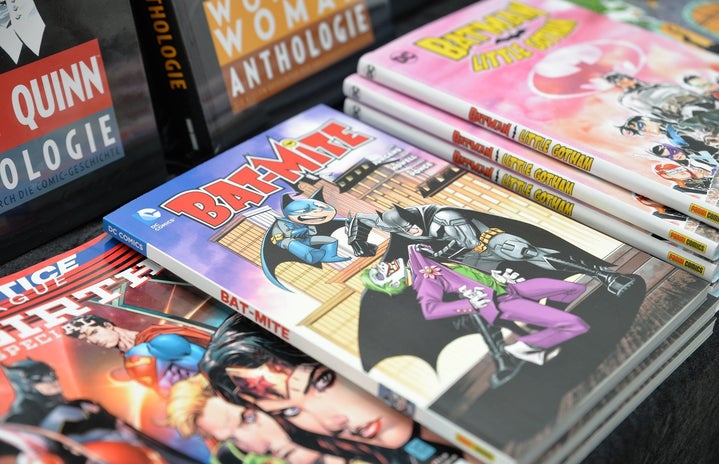Online activity has dramatically surged with the COVID-19 pandemic; inevitably forcing festivals, meetings, and concerts to go virtual. While numerous events have been completely cancelled from fears of spreading the virus, others have latched onto the opportunity to deliver content to wider audiences at their homes.
One notable case, DC Fandome, was held by the American superhero comics titan DC Comics. Split into two parts that were respectively held on August 22 and September 12, the event showcased a unique amalgamation consisting of film trailers, talks, and presentations. In addition to trailers of upcoming films such as the much anticipated “The Batman” and “Wonder Woman 1984,” there were also panels of discussions with famed figures involved with the DC community. Viewers had the chance to see artists and actors in a Zoom-like format any time within the designated streaming periods.
The event amassed immense popularity, with one sector “DC Fandome: Hall of Heroes” garnering 22 million views over its 24-hour run while the trailers alone pulled in over 150 million views. In a time when holding conventions is a near impossible challenge, DC Fandome managed to attract widespread attention and simultaneously rouse excitement for its line of projects. Its success is further significant considering the fatigue or boredom felt by many due to the forced internet-saturated lifestyle of recent times.
While the established fame of DC Comics owes for the success enjoyed by DC Fandome to some degree, it was the format that truly paid off. Instead of simply setting up an elaborate Zoom chat, the event closely recreated the look and feel of an actual convention. The sector “Hall of Heroes” emulated a stage complete with panelists who stood virtually thanks to special kits that allowed them to capture their full bodies. The mutiple panels offered a diverse palette of content – including projects that have not yet started. DC Fandome demonstrated that with the right pacing and a creative format different from Zoom, an online convention can still incite the excitement distinct to conventions such as Comic-Con.
Events such as DC fandome shine light on the potential future of conventions, regardless of whether there is a pandemic or not. Though the event was intended to deliver announcements to fans in a safe, entertaining style, it not only managed to connect fans together but also reached out to a global audience. Unlike a traditional convention, DC fandome allowed fans worldwide to engage in its content that was made readily accessible from home. It is possible that once the pandemic has receded, formats such this may be the norm for holding conventions. In addition to higher accessibility via the Internet, viewers were also given the privilege to freely choose whatever they wanted. The multiple panels served as virtual booths for fans to visit and revisit; in a regular convention, it is a daunting task to enjoy as much content as possible in a crowded space, with individual panels having different slots. Alongside physical conventions in a post-pandemic period, it is possible to witness the rise of virtual festivals that finally deliver the energy of conventions to people who have been previously left out or unable to reach.


